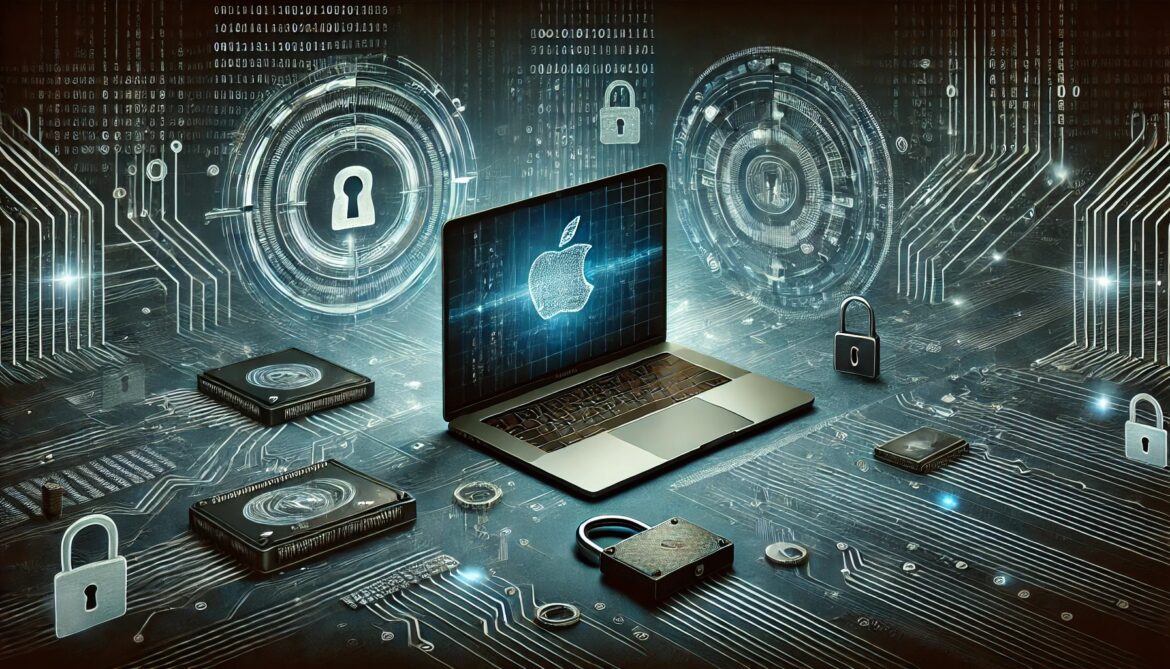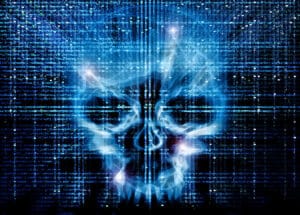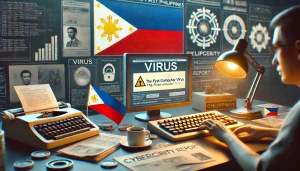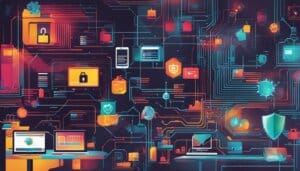Table of Contents
One would imagine that hacking began after the technology became widespread. But that’s not true. Initially, tech enthusiasts believed hacking was a simple exploration or playful manipulation of computers. They believed that hackers, who were students and researchers, merely sought to comprehend alternative applications of the technology.
However, by the 1980s, we saw hacking as the dark side of technology. The first sign of alarm was when cyberattacks started to happen, exploiting the vulnerable operating systems of different networks. One of the first viruses recorded was “the creeper,” which emerged in the 1970s.
With time, the landscape of hacking and cyberattacks has evolved and gotten scarier. The more we rely on technology, the more vulnerable we become. Whether you talk about Trojans and worms, state-sponsored cyberwar, or even ransomware, every hacker has unique motives.
This guide highlights the most significant cyberattacks of all time. It also explores the phenomenon of ethical hacking and proven methods for reducing cyber risks in your daily life.
History of Cyberattacks
Here are the five most noteworthy cyberattacks of all time:
Morris Worm (1988)
Morris Worm was among the first few worms that spread across the internet like wildfire. Robert Tappan Morris was the creator of the insidious program that affected hundreds and thousands of computers. It was the first time in history when people realized how scary hacking can be and the harmful effects of malicious software.
Code Red (2001)
Code Red damaged the servers that were responsible for running Microsoft IIS web server software. It impacted a large number of websites with the virus spreading to over 300,000 servers within days. It was the first time small businesses and major enterprises started to see the importance of cyber security.
Stuxnet (2010)
Conspiracy theories suggest that the United States and Israel are responsible for the creation of the Stuxnet virus. Various sources claim that this cyber weapon was developed with the goal of destroying Iran’s nuclear program. The virus focused on the industrial control systems used in centrifuges. Stuxnet marked the first instance of cybercrime occurring during a military conflict.
Sony Pictures Hack (2014)
The group named themselves Guardians of Peace attacked the Sony Pictures Entertainment network. They leaked some of their unreleased movies, along with confidential emails and personal employee data. It caused severe financial damage and ruined the reputations of many Hollywood executives.
WannaCry Ransomware (2017)
WannaCry breached a protocol set by Microsoft Windows in one of their server’s message blocks. This attack impacted thousands of computer systems worldwide. Criminals exploited data and demanded substantial amounts of money, specifically in Bitcoin. This was one of the first of many attacks that highlighted the significance of software patching and marked the emergence of ransomware attacks.
Ethical Hacking: A Dilemma
Individuals conduct ethical hacking to identify potential loopholes or vulnerabilities that real-world hackers can exploit. They have legal access to computer systems, networks, and software programs to practice and strengthen their defense. They create and fight attack scenarios. However, they operate within a controlled environment, a simulation that ensures no intentional harm occurs.
Ethical hackers make the most of government-aided tools and techniques. They use it to identify potential loopholes and weak systems. Their work involves penetration tests, social engineering programs, and other tests that evaluate potential vulnerabilities. Ethical hackers are very different from malicious hackers. Ethical hackers stay within the prescribed guidelines and they do their tests without harming anyone.
Some companies often hire ethical hackers on a contract basis. They do it to test the security of their systems. This way, companies can determine if their confidential data is vulnerable. It allows them to mitigate risks and increase their cybersecurity a notch.
Common Reasons Why Hacking Happens
Hacking occurs when individuals and businesses overlook their networks’ weaknesses, and technical glitches become frequent. Let’s look at some of the most common reasons why hacking is successful and the best ways to stay safe from cybercriminals:
Password mishaps: If you opt for easy-to-guess passwords or do not constantly update your default password setting, you make it fairly easy for hackers to gain access to your accounts. Therefore, always keep a strong password that is a mix of special symbols, letters, and numbers. Additionally, it’s important to regularly update your password to prevent unauthorized access. Change passwords for all devices every three months or use a password manager.
Failing to update software: If you constantly skip software patching updates, you leave your system vulnerable. Without security fixes, anyone can attempt to hack you and exploit your information. Therefore, always update your software when the time comes instead of choosing the “ask me later” option.
Phishing attacks: Too many individuals fall victim to phishing attacks launched through messages or email. These are common tactics used by hackers, where, with one simple click, you can risk all your sensitive information. Thus, stay away from opening risky links from unknown senders.
Lack of encryption: If you have poor configuration and insufficient security systems to manage your data, you can leave room for a hacker to come and attack. The lack of encryption gives room for penetration.
Human Error: There are so many ways you can make mistakes while using your devices. Always double-check your security. Rely on encryption techniques to protect your data. Don’t visit shady websites or allow cookies. Always be on red alert for online offers that sound too good to be true.
You must maintain a robust security system and continue to practice security checks. It will reduce the possibility of data breaches and general cybersecurity risks.
Identify the Warning Signs to Prevent Hacking
Here are several simple strategies you can rely on to spot that you are being hacked:
- Track Network Activity: You can download and access online tools to monitor and detect strange and unlikely connections or data migration. Receive alerts if anything out of the ordinary pops up.
- Review DNS settings: Make sure you check your DNS settings daily. If you notice any changes, take them as a red flag and act on them at once.
- DNS Leak Test: You can use online tools to detect DNS leaks that may occur while using VPN services. A DNS leak will make your IP address and other data visible to the ISP provider.
- Poor Device Performance: If you experience network slowdowns or unusual glitches, consider it a code red. This is one of the signs that you need to revise and strengthen security measures to protect your network.
Security Measures
Use these guidelines below to heighten your system’s safety:
- Use Reliable DNS Servers: Google Public DNS and Cloudflare DNS are some of the popular examples.
- Update Your Software Timely: Try not to delay software updates. When you keep your systems updated, you are giving a hard time for hackers trying to find loopholes in your system.
- Download Antivirus: Make sure to keep a valid subscription and scan devices weekly.
- Utilize VPNs: It is always best to download and use a reputable VPN. When you visit websites online, it will protect your data by encrypting connections and hiding IP addresses.
Lessons to Remember
The most prominent hacking cases remind us how important it is to stay vigilant online. Follow all safety protocols and secure your DNS services. By staying proactive, you can ensure your computer and digital environment remain secure and safeguarded from these threats.









